Be sure students, visitors, faculty, and staff are safe from COVID-19—now possible with the Salus mobile solution. This suite of mobile apps and testing methodology prevents the threat of coronavirus from reaching educators and future leaders.
Salus works with a multitude of third-party, certified testing providers nationwide. The Salus solution is agnostic of the type of COVID-19 testing and can accept test results from PCR, Rapid Assurance Antigen, Rapid Antibody, and eventually vaccine results. Approved testing providers can download the Salus Test app from the Apple or Google Play app store.
COVID-19 tests fall into three main categories: PCR, antigen, and antibody. Most COVID-19 testing done thus far has been polymerase chain reaction (PCR). These tests detect disease by looking for traces of the virus’ genetic material via a sample collected typically from a nose or throat swab, although some PCR tests use a saliva sample. Rapid Assurance Antigen tests can turn around results in as little time as 15 minutes and, like PCR tests, require a throat or nasal swab. Unlike PCR tests, Rapid Assurance Antigen tests look for proteins that live on the surface of the virus. Rapid Antibody tests are not meant to identify a current infection, rather they search the blood for antibodies, proteins produced in response to an infection that may provide limited immunity against the COVID-19 virus in the future.
The FDA approves COVID-19 tests and determines accuracy. The accuracy of the FDA approved test is dependent on what rapid testing kits and protocols are being used by the third-party tester. Current studies estimate COVID-19 testing to be 85 - 99.9+% accurate. (Source: https://www.sfgate.com/coronavirus/article/which-COVID-19-tests-are-accurate-antibody-swab-15250911.php)
Unlike checking for high body temperature—which may identify if someone is showing symptoms of COVID-19—testing identifies people who are COVID-19 asymptomatic and symptomatic/pre-symptomatic, resulting in much greater levels of risk mitigation and increased safety.
Salus does not collect Personally Identifiable Information (PII), such as driver's license information, email address, etc. Sensitive medical patient data are not held within the Salus app but rather by the third party, HIPAA-certified tester. All data in the Salus app is encrypted including the QR code to prevent hacking of the QR access code or associated selfie picture of the user. The QR code cannot be copied, emailed, or transferred to another user.
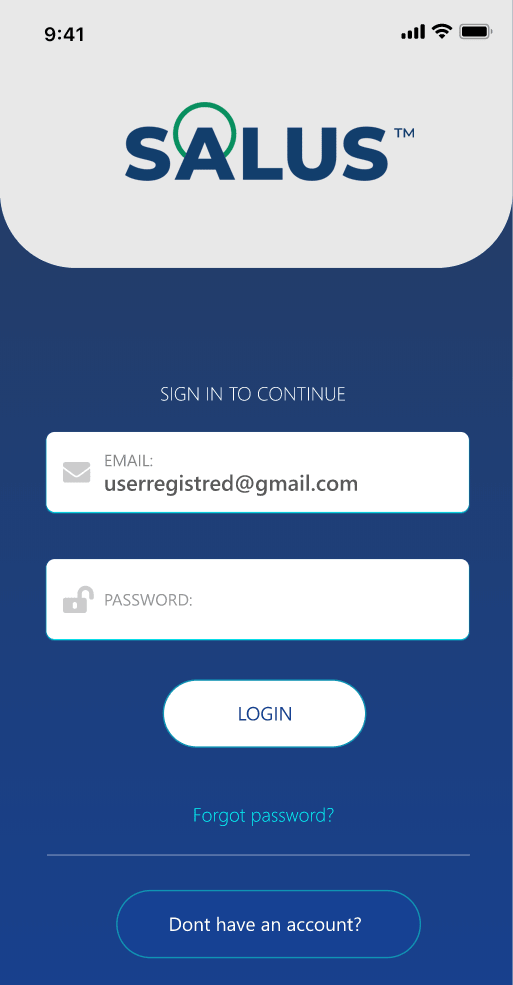
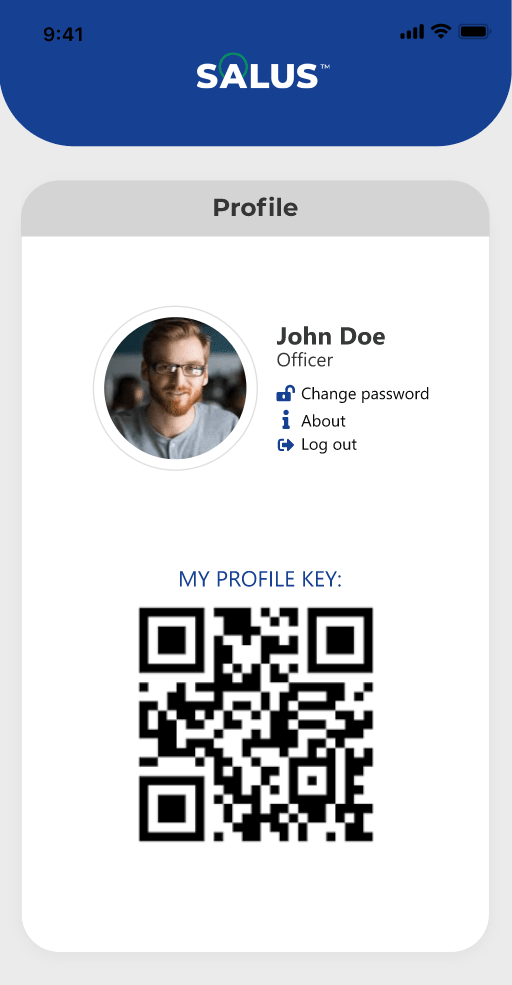
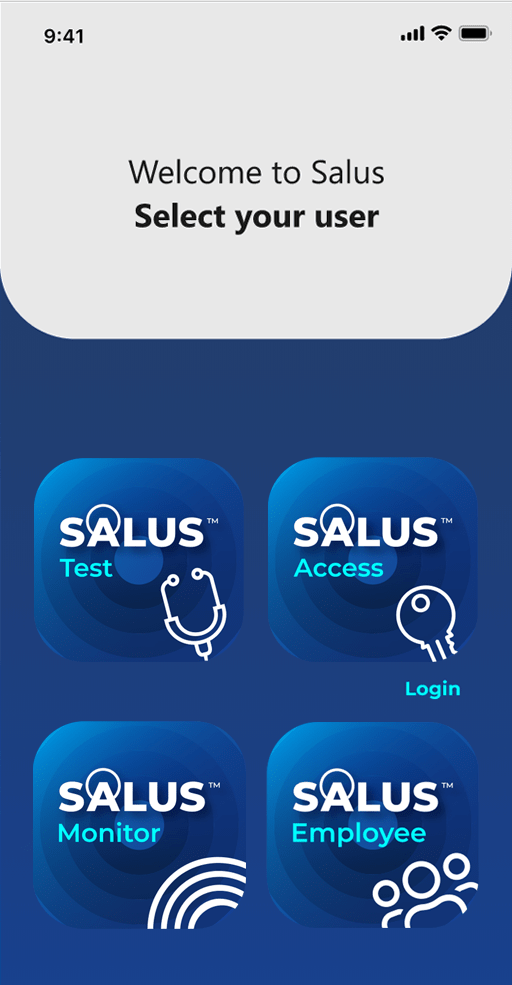
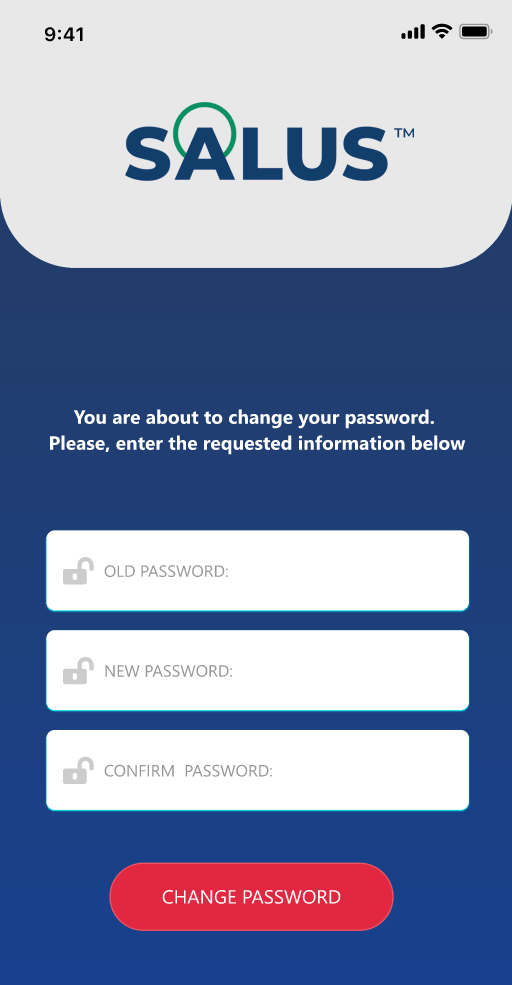
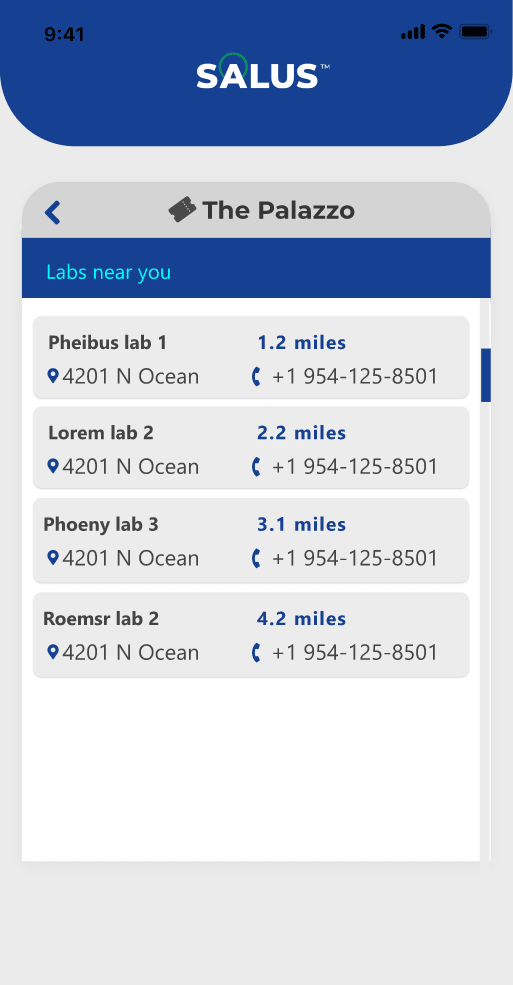
Doug is responsible for working with the executive and business development team in bringing OZ's Salus solution to market. He leads OZ's business development efforts and is single-minded in finding ways to provide his clients with the right solutions to solve the challenges they face in dealing with the challenges associated with the COVID-19 pandemic.
He has 20+ years of experience advising companies in the technology, professional services, and manufacturing space on business development, customer experience, and leadership best practices. Doug is the company’s spokesperson, and key point of contact for COVID-19 test manufacturers, having developed relationships with multiple international providers.
Previously, Doug was one of the founders of a company in the litigation consulting space, which grew over 17 years from three employees to over 300, and was successfully sold to a 55,000 employee public company. He is a frequent national speaker on business development, communications, customer experience, and leadership best practices.